Welcome to our in-depth exploration of LED technology, specifically focusing on COB and SMD LEDs. These tiny marvels, LEDs (Light Emitting Diodes), have transformed our world, making it brighter and more efficient. But what really differentiates one type of LED from another?
The secret lies in their design. Each LED emits light when powered by electricity, but the types differ in structure and performance. This article spotlights two widely-used LEDs: Chip-On-Board (COB) and Surface Mounted Device (SMD), each with unique characteristics and applications.
I’m Tom, your guide in this LED world. I’ve been in the LED industry since 2005, learning and understanding the nuances of various LED technologies. This comparison comes from years of experience and thorough research to help you make an informed choice.
Whether you’re an industry professional or an energy-conscious homeowner, this article will illuminate your path. So, are you ready to dive deep into the fascinating realm of LEDs? Let’s get started!
Diving Deep into COB LED
Understanding COB LEDs: Beyond the Basics
A progressive development in the world of LED technology, COB (Chip-on-Board) LEDs have carved out a significant space for themselves. Marked by their innovative design and unparalleled performance, they have pushed the boundaries of light-emitting diodes.
COB LED Design and Construction
Imagine an ensemble of tiny LED chips bound together, perfectly synchronized. That’s the beauty of COB LEDs. Numerous LED chips are compactly packaged on one circuit board, morphing into a single powerful module. This concentrated cluster paves the way for a superior density of LED chips, which translates to an enhanced light output per unit area. The brilliance is not just intense but widespread and far-reaching.
Key Features that Make COB LEDs Stand Out
COB LEDs are game-changers, all thanks to their remarkable characteristics. They are credited with a higher lumen output per square inch, which makes them powerfully bright. Their ability to emit a uniform and consistent light beam sets them apart. The light is not just bright but also controlled, thereby reducing any wastage or unwanted diffusion.
But there’s more. The prowess of COB LEDs extends beyond just lumens. They are known for their higher thermal conductivity. In layperson’s terms, it means they are great at dissipating heat. This effective heat management safeguards the LEDs from overheating, enhances efficiency, and extends their life span. This longevity is what makes COB LEDs a trusted ally for sustained usage.
Advantages of COB LEDs
The merit of COB LEDs extends beyond their illuminating prowess; they are a tapestry of numerous advantages that transcend multiple dimensions, like energy efficiency, cost-effectiveness, and increased longevity.
Top Benefits of COB LEDs: Energy Efficiency and Brightness
COB LEDs encapsulate the definition of efficiency. They convert the lion’s share of electrical energy they consume into light, significantly reducing power consumption. Their energy usage is a mere fraction compared to traditional lighting solutions, making them an eco-friendly choice for the environmentally conscious consumer.
But efficiency isn’t their only strong suit. The dense configuration of their LED chips gives them an edge regarding brightness. The high lumen output and uniform light dispersion make them a standout choice for applications requiring robust and consistent illumination.
COB LED: A Durable and Long-term Investment
The durability of COB LEDs is a testament to their superior construction and effective heat management. Their ability to dissipate heat effectively keeps their performance consistent, reduces wear and tear, and significantly extends their lifespan. The result? A durable, long-term lighting solution that requires minimal replacement and maintenance, making them an ideal investment for commercial and high-usage settings.
Application of COB LEDs
The attributes of COB LEDs aren’t just unique; they’re adaptable. These versatile lights find their way into numerous applications due to their inherent qualities.
Where Does COB LED Shine the Brightest?
From the great outdoors to the confines of a gallery, the robustness and brightness of COB LEDs make them a popular choice. Their intense illumination capabilities make them perfect for outdoor lighting applications such as streetlights and parking lots. Their durability finds ideal harmony in the demanding environments of automotive lighting, earning them a spot in car headlights and flashlights. But their use isn’t just restricted to the outdoors. Even indoor settings like galleries and museums often require a powerful, controlled beam to highlight exhibits – a task COB LEDs can handle more than handle. Their multifaceted utility is truly a testament to their versatility.
Exploring the Intricacies of SMD LED
Navigating the world of LED technology brings us to another luminary in the field – the Surface Mounted Device LEDs, or SMD LEDs. SMD LEDs have made a prominent mark in the LED landscape by harnessing the unique blend of innovation and efficiency.
Decoding SMD LEDs: What Sets Them Apart?
Standing shoulder to shoulder with other LED types, SMD LEDs make their presence felt with their unique features and diverse applications. These tiny powerhouses bring a certain flair to the LED game.
An Insight into the Unique Design and Structure of SMD LEDs
SMD LEDs redefine compactness in LED design. The LED chip in these devices is ensconced directly onto a flexible substrate, which then finds its place on the circuit board. This distinctive arrangement makes for efficient utilization of space, packing in the brilliance of LED technology into an elegant package. The compact structure does not compromise performance; rather, it enhances versatility, making SMD LEDs an excellent choice for applications requiring adaptability and space economy.
Highlighting Distinctive SMD LED Features
There’s more to SMD LEDs than meets the eye. Their design ensures a wide viewing angle, an often sought-after feature in various lighting applications. The flexibility in their design extends to their functionality as well. One of the most fascinating features of SMD LEDs is their RGB (Red, Green, Blue) capabilities. These LEDs can produce an impressive spectrum of colors by mixing different light intensities from the three primary colors. This feature makes them ideal for applications requiring dynamic, color-changing light effects, bringing a splash of vibrancy to any lighting setup. In the world of SMD LEDs, versatility truly is the name of the game.
Benefits of SMD LEDs
Like their COB counterparts, SMD LEDs have many advantages that they’re ever-ready to bestow on their applications.
Flexibility and Versatility: The Winning Traits of SMD LEDs
The salient attributes of SMD LEDs lie in their inherent flexibility and versatility. Their compact and adaptable design endears them to various applications, broadening their usage across different lighting landscapes. They continue beyond being flexible, though. SMD LEDs also excel in versatility – their ability to produce various colors and blend seamlessly into diverse lighting designs sets them apart.
Balancing Performance and Price: The SMD LED Advantage
In the LED marketplace, balancing superior performance with affordability is critical, and this is where SMD LEDs shine. They offer an impressive output of lumens per watt, making them powerful in the lighting arena. This high-efficiency output, combined with their competitive pricing, positions SMD LEDs as a cost-effective option for various lighting requirements.
Usage of SMD LEDs: Ideal Scenarios
The characteristics that define SMD LEDs—flexibility, color-changing capabilities, and cost-effectiveness—also delineate their most suitable use cases.
Unveiling the Best Use-cases for SMD LED
Thanks to their ability to morph into a spectrum of colors, SMD LEDs find their place in applications where aesthetic appeal is paramount. Decorative lighting, backlighting, and indirect lighting benefit from their colorful charm. These LEDs are not just about aesthetics, though. They pack a punch in functionality too. Commercial lighting, signage, and even the vibrant displays of television screens benefit from SMD LEDs’ high luminous efficacy and versatility. From the home to the workplace, SMD LEDs are lighting the way forward with their color, clarity, and charisma.
COB LED vs SMD LED: The Illuminating Battle
As we venture further into the world of LED technology, we face the ultimate contest: COB LEDs versus SMD LEDs. It contests luminous efficacy, heat dissipation, color diversity, design flexibility, and cost-effectiveness. Strap in as we dive deep into this grand showdown.
Comparing Performance: Luminous Efficacy and Heat Dissipation
To truly understand the might of these two LED types, we need to dissect their brightness, lifespan, and thermal management performance.
Who Takes the Crown for Brightness and Longevity?
In the race for brightness and longevity, COB LEDs have a clear edge. Their unique design aids in superior heat management, enhancing brightness and extending the LED’s lifespan. Meanwhile, SMD LEDs shine in a different light. Their strength lies in their ability to offer a wide range of colors, making them an ideal candidate for decorative or mood lighting, where color plays a vital role.
Differing Characteristics and Their Implications
Each LED type possesses unique characteristics that influence its potential applications, making them better suited for specific tasks than others.
Brightness, Energy Efficiency, Color Temperature, and More
While COB LEDs outshine their brightness and energy efficiency counterparts, SMD LEDs are just slightly behind. They impress with their ability to produce a broad color spectrum and offer flexibility in design, lending them a host of imaginative lighting possibilities.
Quality of Light, Cost, and Manufacturing Process Differences
Considering the quality of light, cost, and manufacturing differences, the choice could be more complex than it might seem. SMD LEDs typically carry a lower upfront cost than COB LEDs, but their lifespan might be shorter due to lower heat resistance. COB LEDs require a more significant initial investment, but their extended lifespan and robustness could lead to long-term savings.
How Application Influences the Choice Between COB and SMD LEDs
The application plays a pivotal role when choosing between COB and SMD LEDs. The application’s specific requirements will determine which LED type will shine brighter.
Tailoring LED Choices for Photography and Architectural Lighting
For example, COB LEDs often take center stage in photography lighting due to their superior brightness and uniform light distribution. On the flip side, architectural lighting frequently employs SMD LEDs, valuing their color-changing abilities and design flexibility to create awe-inspiring lighting effects. As we delve deeper into the LED universe, it’s clear that application requirements dictate the choice between COB and SMD LEDs.
A Focused Comparison: COB LED Strip vs SMD LED Strip
As we continue our exploration of LED technology, we now focus on comparing COB LED strips and SMD LED strips. Both strips – flexible circuit boards populated by their respective LEDs – have unique strengths and weaknesses. Let’s illuminate these aspects for a clearer understanding.
Exploring COB LED Strip: Pros and Cons
COB LED strips are a force to reckon with in high-intensity lighting, but they carry specific considerations that potential users need to be aware of.
The Pros of Choosing COB LED Strips
COB LED strips have carved out a niche in high-intensity lighting applications because of their superior brightness and uniform light output. Their unparalleled luminosity and consistent light distribution make them an ideal choice for situations that require powerful illumination.
The Cons: Things to Consider when Choosing COB LED Strips
However, with great power comes greater responsibility – or in this case, cost and potential for heat issues. COB LED strips can carry a higher price tag than their SMD counterparts. Moreover, their intense brightness may necessitate additional cooling mechanisms depending on the usage scenario, further escalating the cost.
Understanding SMD LED Strip: Strengths and Weaknesses
Now let’s unravel the strengths and potential shortcomings of SMD LED strips to see where they shine and where they might dim a bit.
The Advantages of Opting for SMD LED Strips
SMD LED strips are the Jack-of-all-trades in the LED strip world. Their versatility is complemented by their ability to offer a broad color spectrum, making them ideal candidates for decorative and mood lighting where color variation is critical. Additionally, they tend to be more budget-friendly, making them an accessible choice for various lighting projects.
The Drawbacks: Key Points to Consider with SMD LED Strips
On the flip side, while they offer a broad palette of colors, SMD LED strips might need to catch up regarding brightness, particularly when compared to COB LED strips. Furthermore, their heat dissipation can be less efficient, which might affect their lifespan. As such, these factors should be considered for applications that demand longevity and high-intensity brightness.
Cost, Maintenance, and Thermal Management: Additional Considerations
Choosing COB and SMD LEDs requires an evaluation beyond immediate applications and characteristics. It’s essential to consider additional factors such as cost, maintenance requirements, and the critical aspect of thermal management. Let’s explore these elements in detail to assist in making an informed decision.
Cost Comparison: COB LED vs SMD LED
An initial glance at the costs might lead you to believe that SMD LEDs are more budget-friendly due to their lower upfront cost than COB LEDs. However, a comprehensive understanding of total ownership cost necessitates a more in-depth look.
Weighing the Cost Aspects of COB and SMD LEDs
Assessing the total cost of ownership involves a holistic examination beyond just the initial purchase price. One must also account for energy consumption, lifespan, upkeep needs, and replacement costs. For instance, despite the higher initial cost of COB LEDs, their superior energy efficiency and extended lifespan may translate to lower long-term expenses, offering excellent value for money.
Maintenance Needs: What You Need to Know
Even though LEDs are recognized for their low-maintenance nature compared to traditional lighting options, there are nuances when it comes to COB and SMD LEDs that require attention.
LED Maintenance: Keeping Your Lights Shining Bright
While both COB and SMD LEDs are designed to provide low-maintenance lighting solutions, COB LEDs bring a caveat to the table. Due to their high thermal conductivity, COB LEDs might require supplementary cooling systems in high-intensity applications, potentially increasing maintenance needs and costs.
Thermal Management: An Often Overlooked Aspect
Thermal management is a pivotal aspect of determining LED performance and longevity. Ignoring this factor can compromise your LED setup’s efficiency and durability.
How Heat Affects Your LED Choices
COB LEDs are generally more efficient at handling heat owing to their superior thermal conductivity but are not immune to heat-related issues. When effective heat dissipation is a crucial concern, you may need to incorporate additional cooling measures. This is an essential point to contemplate when planning for your LED lighting solution’s optimal performance and lifespan.
Conclusion: Making the Right Choice
The COB LED vs. SMD LED debate concerns something other than universally better but better suited to your specific needs and applications.
There is yet to be a definitive winner in the COB vs SMD showdown. The best LED for you depends on your specific needs and application.
To make an informed decision, consider each LED type’s intended application, performance requirements, and cost-effectiveness. It’s also crucial to consider factors like maintenance and heat management. By weighing these considerations, you can choose the LED type that best suits your needs.
Navigating the complex world of COB and SMD LEDs can seem daunting, but with Unitop, one of China’s most professional manufacturers of LED strip lights, you’re in good hands. Specializing in both COB and SMD LED strips. We aim to offer high-quality, durable, and outstanding performance products tailored to your lighting needs.
Should you have further questions or unique lighting requirements, don’t hesitate to contact us. Our dedicated team is on standby to assist, ensuring you make the most informed decision for your illumination needs. At Unitop, your satisfaction is our success.
We look forward to enlightening your journey with our expertise.

Tom is now the Sales Manager of Unitop (China) Co., Limited. He has been in the LED Lighting industry ever since 2005. He is an expert in sales & marketing, and factory management. He likes bodybuilding, and he is also a crazy Apple Fan! He is a hard-working guy and loves to learn and try new things.
Email: tom@unitopledstrip.com WhatsApp: +86-18680307140

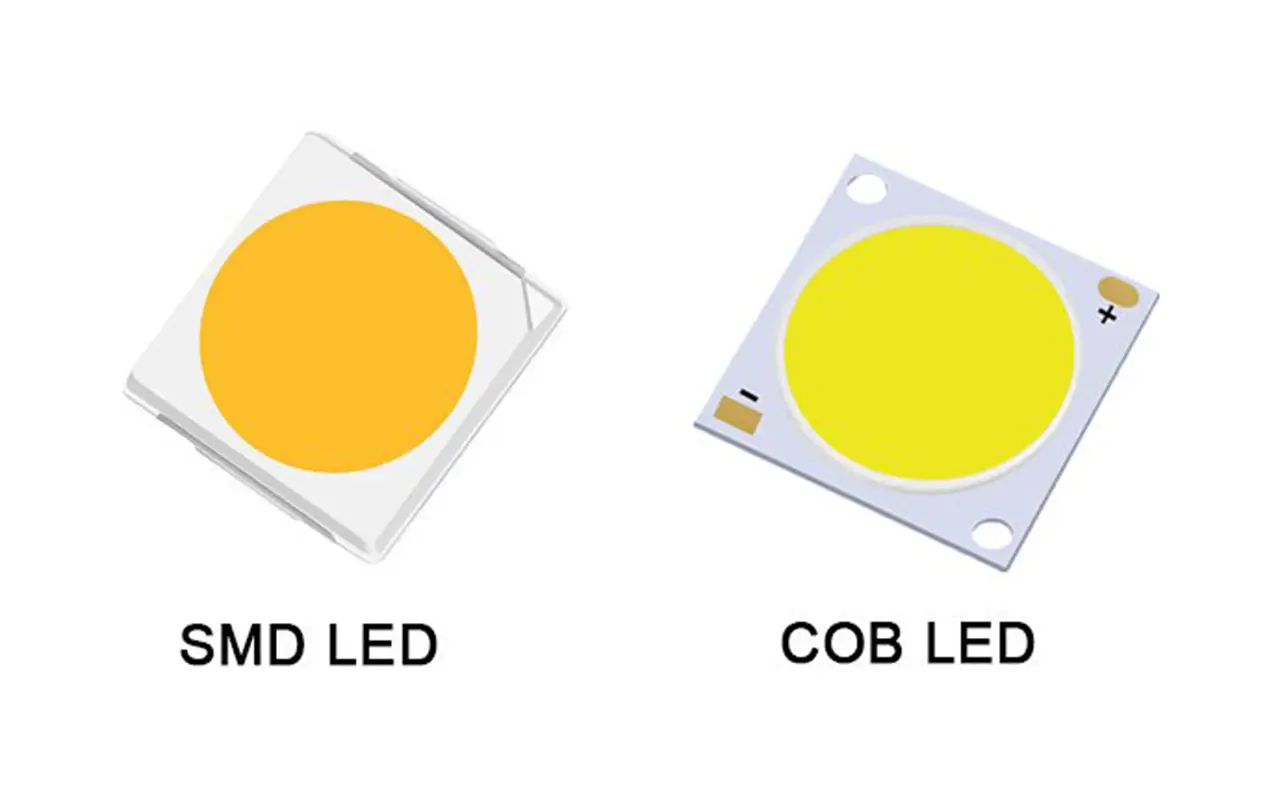
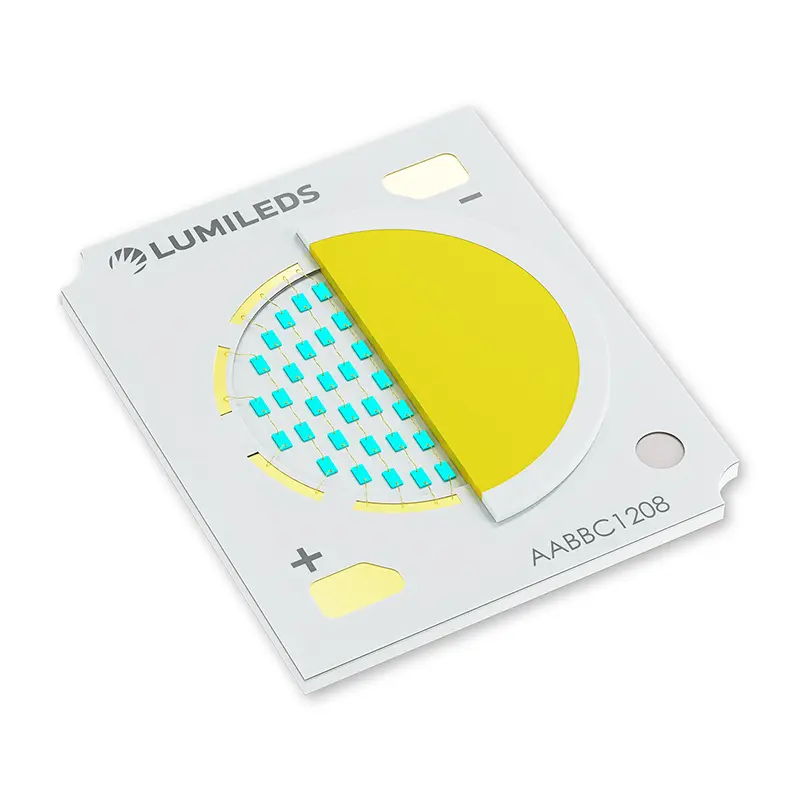
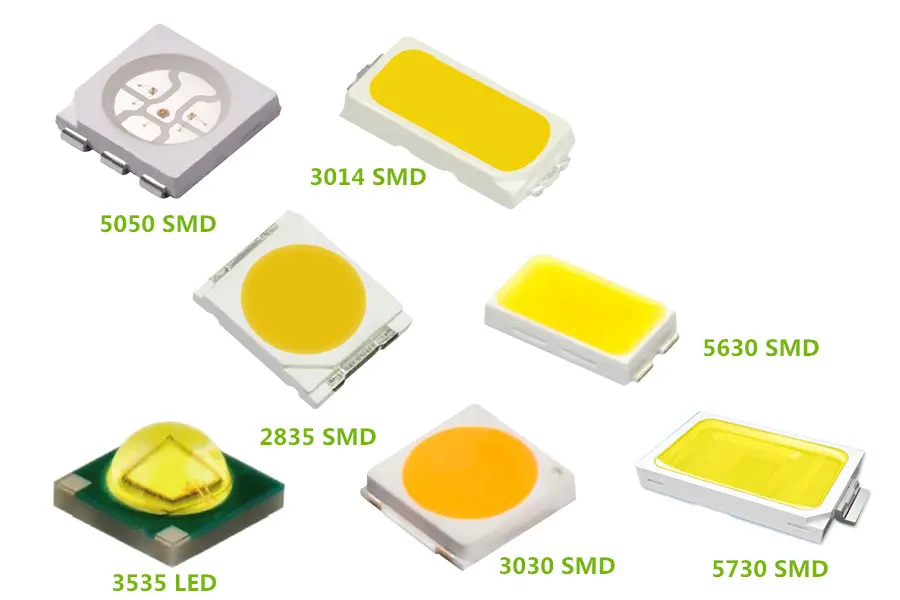

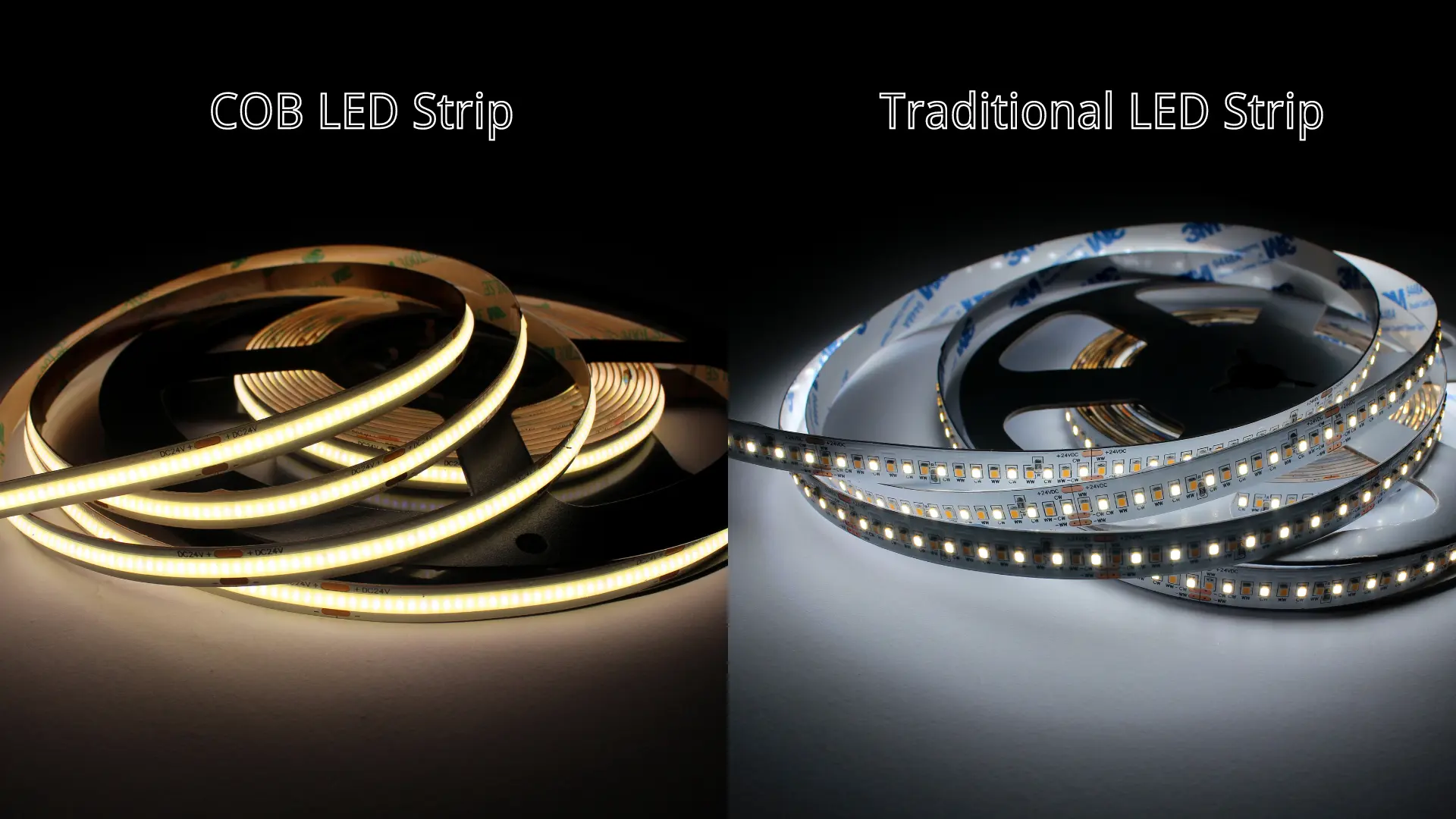

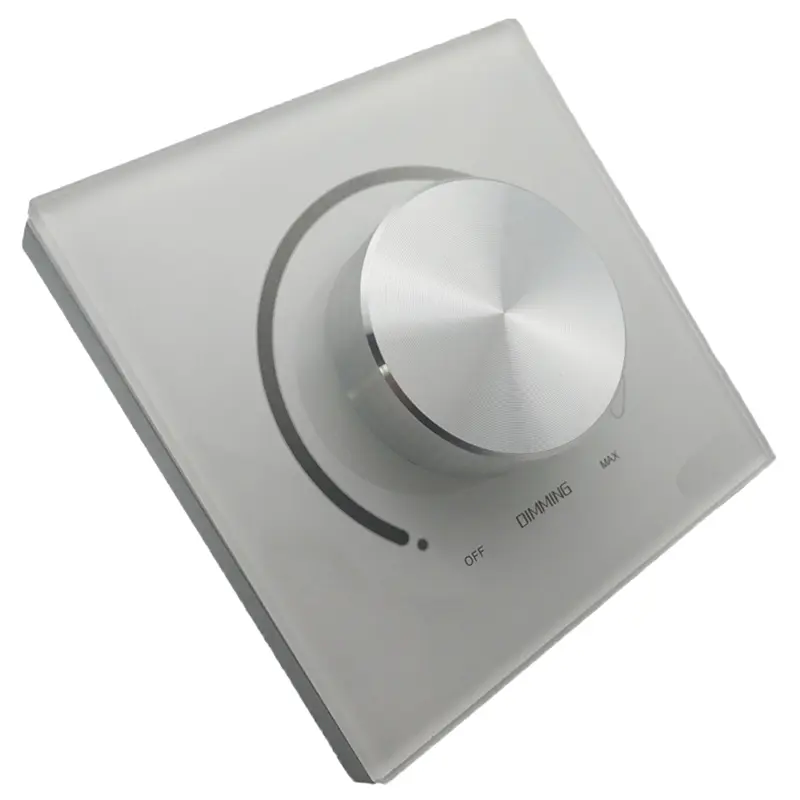
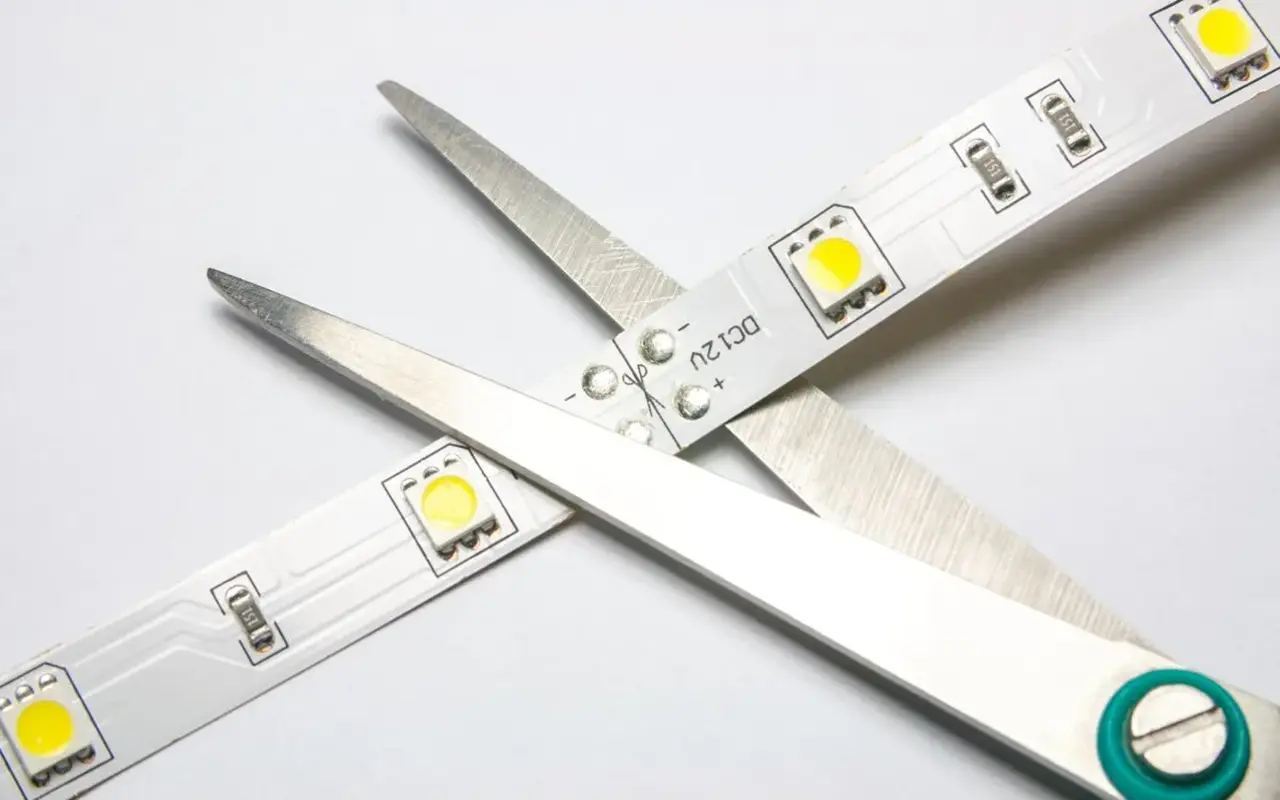
Leave a Reply
Want to join the discussion?Feel free to contribute!